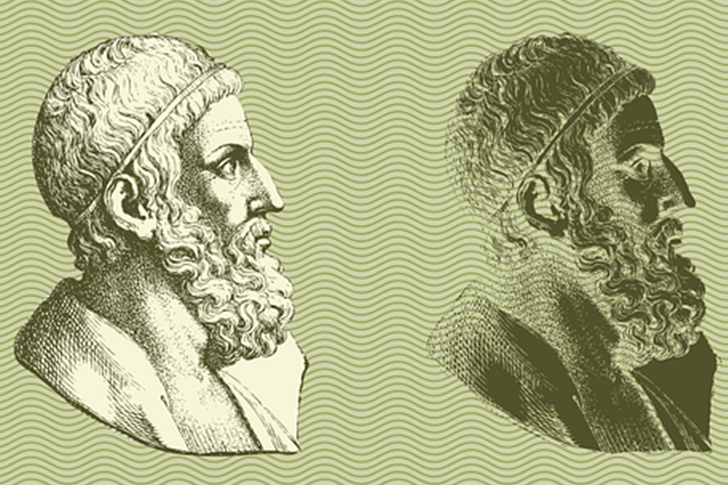The Visionaries Who Shaped Our World: Pioneers of Scientific Thought
In the past, the world around us was shrouded in mystery, with everything we could touch, hear, smell, and see being unknown. However, it was this very predicament that ignited the flame of curiosity within us, driving us to explore and learn. Throughout history, individuals have made significant investments in studying and unraveling these mysteries, earning the title of “scientist.” Thanks to their relentless efforts, we have gained knowledge about ourselves and the world, complemented by the continuous advancement of technology. Now, let’s delve into the lives of a few of history’s most remarkable scientists.

ARCHIMEDES
Mathematics forms the foundation of many man-made objects surrounding us, permeating their very nature. Among the great figures in this field is Archimedes, a Greek mathematician born around 287 BC. Alongside his other professions, Archimedes introduced various concepts, including modern calculus and an accurate approximation of the non-terminating number pi. His contributions extended beyond theory, as he also created practical inventions. Archimedes is renowned for explaining the concept of leverage and designing a block-and-tackle pulley system, which aided sailors in handling heavy objects on their ships.
MICHAEL FARADAY
Despite receiving only a basic education, Michael Faraday’s thirst for knowledge remained unquenchable. At the age of 14, he embarked on a seven-year apprenticeship under George Riebau, a nearby bookseller and bookbinder. During this time, he immersed himself in books such as Isaac Watt’s “The Improvement of the Mind” and Jane Marcet’s “Conversations on Chemistry,” fueling his fascination with science and electricity. Faraday is considered one of the most influential scientists in history, having made significant contributions to the field of physics and even discovering the organic compound benzene. His works have inspired generations of scientists, including the renowned Albert Einstein.
ALBERT EINSTEIN
Albert Einstein, who shared the belief that mathematics is inon this pagent in almost every aspect of our world, displayed a remarkable talent for mathematics from a young age. At just 12 years old, he taught himself calculus, and by the age of 14, he had mastered both differential and integral calculus. Fueled by his insatiable thirst for knowledge, Einstein went on to become one of the world’s great physicists. His numerous achievements, including receiving the Nobel Prize in Physics, have solidified his name as synonymous with “genius.” Furthermore, he formulated the iconic equation E = mc2, which represents the mass-energy equivalence.
NIKOLA TESLA
Nikola Tesla stands as one of the most intriguing figures in the realm of science. Fluent in eight languages and possessing a photographic memory, Tesla had an exceptional ability to absorb knowledge. Unlike his peers, Tesla often relied on his vivid imagination instead of traditional sketches and illustrations. His contraptions were meticulously visualized, even down to the small details. Tesla is widely celebrated for introducing alternating current to the world, but his contributions extend far beyond that. He pioneered groundbreaking inventions such as the radio, radar, electric motors, remote control, and wireless communication. Among his most recognizable creations is the Tesla coil, a device capable of producing artificial lightning.
These remarkable scientists have left an indelible mark on history, expanding our understanding of the world and pushing the boundaries of human knowledge. Their relentless curiosity and dedication continue to inspire generations of scientists and innovators, shaping the world we live in today.







Recent Comments